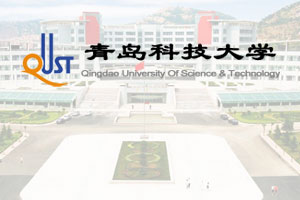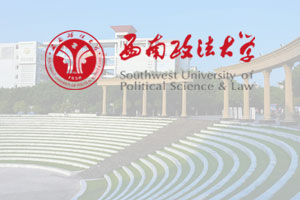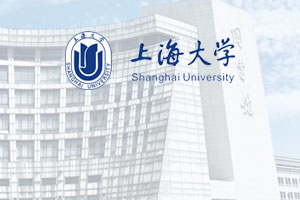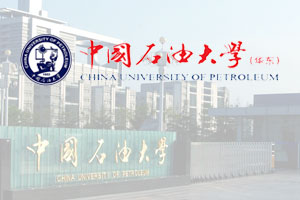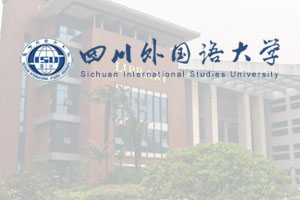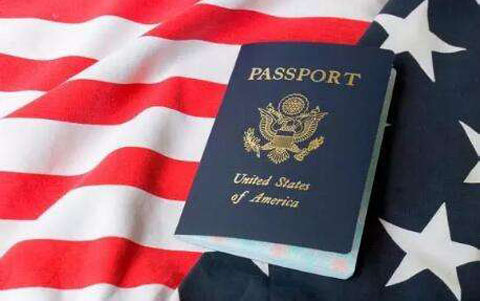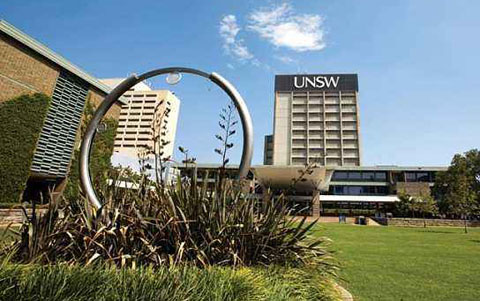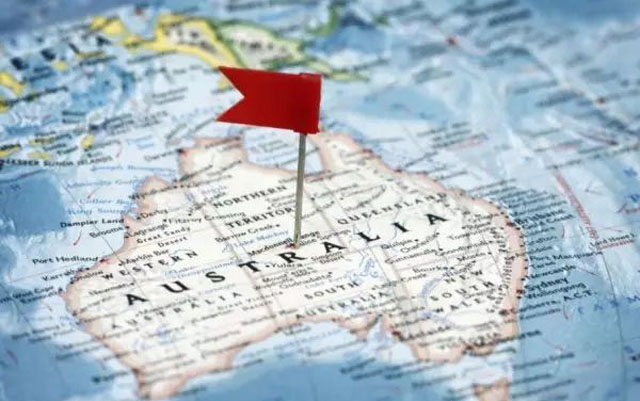澳洲留学传媒类专业超详细解析
近年来,赴澳洲留学成为了一种时尚,越来越受到中国学生的欢迎,而传媒类专业更是时尚中的时尚,备受留学生青睐,今天留学专家就带同学们来详细了解一下澳洲传媒专业,赶紧来看看吧!
澳洲传媒类专业基本概念:
传媒即传播媒体,也可以叫做“传播媒介”,指传播信息资讯的载体,即信息传播过程中从传播者到接受者之间携带和传递信息的一切形式的物质工具。也可以把这种载体,理解成为“管道”。传播管道有纸类(新闻,杂志)、声类(电台广播)、视频类(电视、电影),还有现代的网络类(电脑视频)。1943年美国图书馆协会的《战后公共图书馆的准则》一书中首次使用作为术语,现在已成为各种传播工具的总称。
基本分支:
按照职业方向,传媒学大致可以分为五个方向,新闻类传媒、营销广告类传媒、大众传媒类、媒体发布类及创作表演类。
新闻类传媒(传统新闻、网络新闻、新闻摄影):可以进入各大中小型报纸和新闻出版社,也可从事广播、电视媒体的新闻,还可进入广告、公关、出版等领域;
营销广告类传媒(广告、市场营销、文化政策、文化研究):既可进入*府部门也进入私人企业,从事消费者营销、销售、品牌经理、广告设计、广告执行、营销咨询等;
大众传媒类(大众传媒、公共关系):可成为专业的公关人员,在企业、*府、社区、教育机构、酒店、医疗福利机构、文化交流组织等行业任职;
媒体发布类(桌面发布、媒体产品、电影与媒体研究):将具备专业的创造才能和技能,职业包括摄影、编辑、数码编辑、音效处理、互动游戏设计、光盘媒体制作、网络设计等。
创作表演类(创造性写作、表演艺术、剧院艺术):将具备专业的创造才能和技能,职业包括创造性导演、艺术导演、导演、脚本写作、摄影、编辑等
传媒专业有很多的分支:新闻,广告,广播,影视,报纸,杂志及公共关系等。课程中大约有75%文科和科学课程,包括心理学,社会学,政治学,文学,历史,经济学等。
新闻与传播学的区别:
新闻学与传播学具有很大的相关性,在不少地方是相通的。
新闻学侧重于新闻采、写、编、评等业务实践层面,具体到广播、电视、报刊、网络等媒体的新闻采制和运作;而传播学研究范围广泛,与社会学、心理学、哲学、经济学、文化研究等紧密结合,研究人类社会活动中的各种传播活动,以及研究传播活动主体与外部社会环境之间的关系。
1、研究范围不同
新闻学主要以传统的报业为主,评论是重点。学习内容包括理论方面的马克思主义的新闻理论、新闻史,实践方面的新闻采访、写作、编辑、评论、摄影等。
新闻学有理论新闻学、中外新闻史、应用新闻学、广播电视新闻学、新闻摄影、编辑出版等专业分支。
传播学除了报纸外,还涉及电视广播、电影甚至多媒体等几乎所有媒体的所有内容,此外,广告、公关、民意测验等也在其包容之下。
传播学学习的内容既有专业课程方面的人类学、语言学、符号学、信息学、社会学、心理学,也有广告、新闻、影视、营销、对外交流等内容。
传播学包括传播法学、传播理论研究、媒介发展研究、跨文化交际、广告学、艺术传播等分支。
2、就业方向不同
新闻学多在传统的媒体,如报纸、杂志、广播、电视等单位就业,另外,还可以在出版社、企事业单位的宣传部门工作,也有人考到教师资格证,到学校里当老师。
传播学可在传统媒体、新媒体、广告公司、媒介研究公司、*府部门等就业,选择范围更加广泛。
3、读硕士复习要点不同
新闻是一门人文学科,其核心理念是公正客观平衡,培养的记者要为社会服务、为人民服务,其核心课程是采访和写作,因此,在复习过程中要多借鉴;
传播学是社会科学,是商业社会下的产物,培养学者或者学者型记者,因此,在复习的过程中,要与传统的人文学科拉开距离,而多靠近社会学、经济学、政治学,并且要多看欧美原著。
澳洲传媒专业院校推荐
莫纳什大学
优势:传播学与传媒研究学科排名在世界第19位
Master of Journalism
入学要求:
Depending on prior qualifications:
Duration: 2 years full-time, 4 years part-time (96 points to complete)
An Australian undergraduate degree (or equivalent) with at least credit (60%) average, or qualification/experience or satisfactory substitute that the faculty considers to be equivalent.
Entry level 2:
Duration: 1.5 years full-time, 3 years part-time (72 points to complete)
An Australian undergraduate degree (or equivalent) in a cognate discipline including humanities or social sciences with at least credit (60%) average, or qualification/ experience or satisfactory substitute that the faculty considers to be equivalent
Entry level 3:
Duration: 1 years full-time, 2 years part-time (48 points to complete)
An Australian undergraduate honours degree (or equivalent) in a cognate discipline including humanities or social sciences with at least credit (60%) average, or qualification/ experience or satisfactory substitute that the faculty considers to be equivalent.
语言要求: 雅思7.0,单项不低于6.5
Master of Communications and Media Studies
入学要求:
Depending on prior qualifications:
Entry level 1:
Duration: 2 years full-time, 4 years part-time (96 points to complete)
An Australian undergraduate degree (or equivalent) with at least credit (60%) average, or qualification/experience or satisfactory substitute that the faculty considers to be equivalent.
Entry level 2:
Duration: 1.5 years full-time, 3 years part-time (72 points to complete)
An Australian undergraduate degree (or equivalent) in a cognate discipline including humanities or social sciences with at least credit (60%) average, or qualification/ experience or satisfactory substitute that the faculty considers to be equivalent
Entry level 3:
Duration: 1 years full-time, 2 years part-time (48 points to complete)
An Australian undergraduate honours degree (or equivalent) in a cognate discipline including humanities or social sciences with at least credit (60%) average, or qualification/ experience or satisfactory substitute that the faculty considers to be equivalent.
语言要求: 雅思6.5,单项不低于6.0
悉尼大学
Master of Crosscultural Communication
入学要求:
Admission to candidature for the degree requires:
(a) a bachelor's degree with a minimum credit (65%) average calculated over the whole degree, from the University of Sydney, including a major in a relevant subject area in the humanities or social sciences, or an equivalent qualification.
语言要求:雅思7.0,单项6.0
Master of Digital Communication and Culture
入学要求:
Admission to candidature for the Master of Digital Communication and Culture requires:
(a) a bachelor’s degree with a minimum credit (65 percent) average calculated over the whole degree, from the University of Sydney, or an equivalent qualification or
(b) completion of the requirements for the embedded Graduate Certificate or Graduate Diploma in Digital Communication and Culture with a minimum credit (65%) average, or an equivalent qualification.
语言要求:雅思7.0,单项6.0
Master of Media Practice
入学要求:
Admission to candidature for the Master of Media Practice requires:
(a) a bachelor’s degree with a minimum credit (65 percent) average calculated over the whole degree, from the University of Sydney, or an equivalent qualification or
(b) completion of the embedded Graduate Certificate or Graduate Diploma in Media Practice with a minimum credit (65 percent) average, or an equivalent qualification.
Graduate Diploma
语言要求:雅思7.0,单项6.0
Master of Strategic Public Relations
入学要求:
Admission to candidature for the Master of Strategic Public Relations requires:
(a) a bachelor’s degree with a minimum credit (65 percent) average calculated over the whole degree, from the University of Sydney, or an equivalent qualification or
(b) completion of the requirements for the embedded Graduate Certificate or Graduate Diploma in Strategic Public Relations with a minimum credit (65 percent) average, or an equivalent qualification.
语言要求:雅思7.0,单项6.0
新南威尔士大学
Master of Journalism and Communication
课程介绍:
The Master of Journalism and Communication at UNSW provides students with a comprehensive education in journalism, media studies and communication.
Our postgraduate program will enable you to develop specialist knowledge of the social, economic and political role of media in Australia and internationally. You will be encouraged to reflect on varied international approaches to media and communication practice, and will gain an understanding of the evolving nature of the convergent media landscape.
Our journalism and communication courses are innovative, interdisciplinary, and internationally minded. They have been designed for graduates and professionals seeking to expand their knowledge and skill base, and/or enter the journalism, media and communication industries.
实践机会:
As a postgraduate Journalism and Communication student at UNSW, we train you to be industry-ready; with practical assessment tasks that teach you to think critically about media practice, using reflective and ethical decision making in its production. You will learn from leading researchers and industry practitioners with a focus on community engagement.
Our students acquire a portfolio of skills in media practice, equipping them for work in print, radio, television and online media, and in the media relations and corporate communication sectors.
课程结构:
The Master of Journalism and Communication is structured to accurately reflect the skills that each individual brings to their postgraduate education.
Experienced students can undertake a streamlined degree of 1 year (48 units of credit) while students with less professional experience will study for 1.5 years (72 units of credit)。
1 year plan (48 units of credit
This is for students who have completed a relevant Honours degree or Graduate Diploma, or those who have completed a relevant Bachelor degree and one year professional experience. Please read the entry requirements section (see below) for full eligibility criteria.
The 1 year plan allows experienced students to fast track their postgraduate study, completing their Master of Journalism and Communication in just one year. During this period students complete 48 units of credit, or 8 courses.
1.5 year plan (72 units of credit)
This is for students who have completed a relevant Bachelor degree but have limited professional experience.
Students who have completed undergraduate studies in any discipline but have professional experience in a relevant field may also be eligible. Please read the entry requirements section (see below) for full eligibility criteria.
The 1.5 year plan will deepen your contextual knowledge of journalism and communication before developing more advanced competencies and skills. During the program students complete 72 units of credit, or 12 courses .
What will you study?
Core courses
Broadcast Journalism
Online and Mobile Media
Feature Writing
Media Law and Ethics
Research or practice path
All students studying a Master of Journamlism and Communication can choose to follow either a research path or a practice path.
Alternatively, students can choose to follow both pathways with fewer electives.
Research path
The research path is Ideal for students seeking further study in a Higher Degree by Research, such as a PhD. Students will focus on qualitative research and undertake a research project.
Practice path
The practice path is designed for students who would prefer to explore long-form narrative journalism.
入学要求:
Students must meet one of the relevant selection criteria to be eligible for entry in the 1 year or 1.5 year Master of Journalism and Communication program.
1 year plan
Honours degree or Graduate Diploma (or equivalent qualification) in a relevant discipline with a record of academic achievement equivalent to a UNSW credit average (65%)。
Bachelor degree (or equivalent qualification) in a relevant discipline with a record of academic achievement equivalent to a UNSW credit average (65%), plus one year relevant professional experience*.
1.5 year plan
Bachelor degree (or equivalent qualification) in a relevant discipline with a record of academic achievement equivalent to a UNSW credit average (65%)。
Bachelor degree (or equivalent qualification) in any discipline with a record of academic achievement equivalent to a UNSW credit average (65%), plus one year relevant professional experience*.
Honours degree or Graduate Diploma (or equivalent qualification) in any discipline with a record of academic achievement equivalent to a UNSW credit average (65%)
Relevant disciplines and experience
Relevant disciplines include: Arts, Humanities, Social Sciences, Media, Communications, Journalism, Public Relations, Advertising, Marketing, Business, Economics, Commerce and Law
Relevant professional experience can include: work in the public relations, advertising, journalism, or media and communication sectors; or at least one year of workplace experience at management level.


